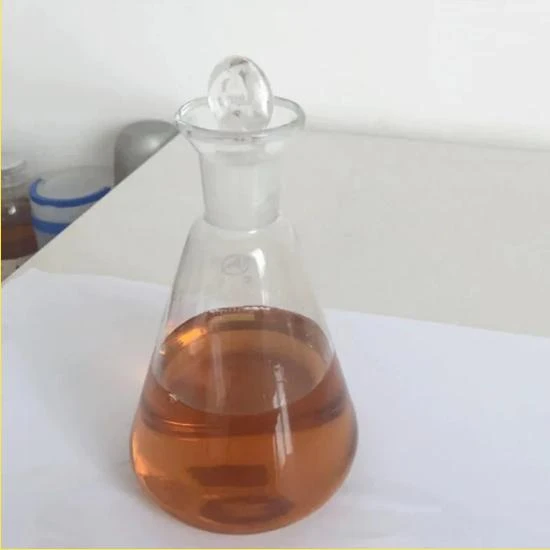
Understanding E401 Food Additive and Its Role in Food Industry Applications
Understanding E401 A Common Food Additive
In the modern world of food production, additives play an essential role in enhancing the quality, safety, and shelf life of various products. Among the myriad of food additives on the market, E401 stands out as a highly utilized ingredient. This article aims to delve into what E401 is, its functions, applications, and safety considerations.
What is E401?
E401, known as sodium alginate, is a natural polysaccharide derived from brown seaweed. It is classified as an emulsifier and thickening agent, commonly found in food products such as ice cream, salad dressings, and sauces. The compound is recognized for its ability to form gels and stabilize emulsions, making it invaluable in the food industry.
Functions of E401
One of the primary functions of E401 is its thickening property. By increasing the viscosity of liquid-based products, it contributes to a creamier texture and improves mouthfeel. In addition to thickening, sodium alginate acts as a stabilizer, preventing the separation of ingredients in mixtures. This is especially important in products that contain oil and water, as it ensures a consistent product over time.
Another notable feature of E401 is its gelling capability. When E401 is combined with calcium ions, it forms a gel-like structure, which is beneficial in the production of various food items, including jellies, desserts, and even some dairy products. The gelation process allows for creative culinary applications, such as spherification, which has gained popularity in molecular gastronomy.
e401 food additive

Applications in Food
E401 is found in a wide array of food products. Its applications span from dairy items like yogurt and cheese to various sauces and dressings. For instance, in ice cream, sodium alginate helps enhance texture and prevent ice crystal formation, leading to a smoother product that melts evenly in the mouth. In salad dressings, it stabilizes the mixture and creates a uniform distribution of ingredients, preventing separation and ensuring a consistent experience for the consumer.
Safety and Regulatory Status
Sodium alginate has been deemed safe for consumption by global regulatory agencies, including the Food and Drug Administration (FDA) in the United States and the European Food Safety Authority (EFSA). Studies have shown that it is non-toxic and does not pose significant health risks when consumed within recommended levels. However, like many food additives, excessive consumption is not advisable.
Allergic reactions to sodium alginate are rare but can occur, particularly in individuals with specific sensitivities. It is important for consumers to read food labels carefully, especially those with dietary restrictions or allergies.
Conclusion
E401, or sodium alginate, is a versatile and valuable food additive that plays a crucial role in modern food production. Its thickening, stabilizing, and gelling properties make it an essential ingredient in a variety of products, enhancing both quality and consumer experience. As with any additive, awareness and moderation are vital, but the safety and benefits of E401 make it a popular choice in the culinary world. In a constantly evolving food landscape, understanding such additives can empower consumers to make informed choices about the products they enjoy.
-
Regulatory Compliance for Global Mining Chemicals UseNewsAug.12,2025
-
Mechanism of 1 2 3 Benzotriazole Corrosion InhibitionNewsAug.12,2025
-
Catalyst Innovations for Ammonia Fertilizer SynthesisNewsAug.12,2025
-
Biological Pathways for Formic Acid MetabolismNewsAug.12,2025
-
Ammonium Bicarbonate Decomposition Temperature AnalysisNewsAug.12,2025
-
Aluminum Hydroxide in Vaccine AdjuvantsNewsAug.12,2025
-
Water Treatment Chemicals for Industrial ProcessesNewsAug.07,2025
Hebei Tenger Chemical Technology Co., Ltd. focuses on the chemical industry and is committed to the export service of chemical raw materials.
-

view more DiethanolisopropanolamineIn the ever-growing field of chemical solutions, diethanolisopropanolamine (DEIPA) stands out as a versatile and important compound. Due to its unique chemical structure and properties, DEIPA is of interest to various industries including construction, personal care, and agriculture. -

view more TriisopropanolamineTriisopropanolamine (TIPA) alkanol amine substance, is a kind of alcohol amine compound with amino and alcohol hydroxyl, and because of its molecules contains both amino and hydroxyl. -

view more Tetramethyl Thiuram DisulfideTetramethyl thiuram disulfide, also known as TMTD, is a white to light-yellow powder with a distinct sulfur-like odor. It is soluble in organic solvents such as benzene, acetone, and ethyl acetate, making it highly versatile for use in different formulations. TMTD is known for its excellent vulcanization acceleration properties, which makes it a key ingredient in the production of rubber products. Additionally, it acts as an effective fungicide and bactericide, making it valuable in agricultural applications. Its high purity and stability ensure consistent performance, making it a preferred choice for manufacturers across various industries.











